Stains
One of the main drawbacks of a black kitchen sink is its susceptibility to stains. While the dark color may hide some minor stains, it can also make others more noticeable. This can be especially frustrating when cooking with ingredients that can leave behind stubborn stains, such as tomato sauce or red wine. Regular cleaning and maintenance is necessary to prevent these stains from becoming permanent and ruining the appearance of your sink.
Scratches
Black kitchen sinks are also prone to scratches, which can be a major concern for homeowners. The dark color can make even small scratches stand out, making the sink look worn and old. These scratches can be caused by a variety of factors, from dropping heavy objects to using abrasive cleaning products. While some sinks come with scratch-resistant coatings, they can still be susceptible to damage over time.
Water Spots
Another issue that is common with black kitchen sinks is water spots. These are caused by hard water, which leaves behind mineral deposits that can make the sink look dirty and dull. In addition to being an eyesore, water spots can be difficult to remove and may require special cleaning products or techniques. Regular maintenance and cleaning can help prevent the build-up of water spots, but they may still occur in areas with hard water.
Hard Water Deposits
Along with water spots, black kitchen sinks can also be prone to hard water deposits. These deposits can build up over time, creating a chalky and unsightly residue on the sink's surface. They can also cause the sink to become dull and lose its shine. Regular cleaning and the use of water softening products can help prevent this issue.
Visible Dirt and Grime
The dark color of a black kitchen sink can make dirt and grime more visible. This can be a challenge for those who prefer a spotless and clean sink at all times. The contrast of the dark sink against light-colored food particles and soap scum can make it look dirtier than it actually is. Regular cleaning and proper maintenance can help keep the sink looking its best, but it may require more effort than other sink colors.
Difficult to Clean
Due to the dark color and potential for stains and scratches, black kitchen sinks can be more difficult to clean than other sink colors. Special care must be taken when choosing cleaning products and techniques to avoid damaging the sink's surface. This can be a time-consuming and frustrating task for those who are used to a quick and easy cleaning routine.
Shows Water Marks
Another issue with black kitchen sinks is their tendency to show water marks. This is especially noticeable with hard water, as the mineral deposits can create a cloudy and unappealing appearance on the sink's surface. Regular cleaning and the use of water softeners can help prevent this issue, but it may require more effort and maintenance than other sink colors.
Prone to Chipping
The material used for black kitchen sinks, such as granite or enamel, can be prone to chipping. This can happen if heavy objects are dropped or if the sink is not installed properly. The dark color can make these chips more noticeable and can affect the sink's overall appearance. Regular maintenance and careful use can help prevent chipping, but it is still a concern for many homeowners.
Can Fade Over Time
Despite its initial bold and striking appearance, black kitchen sinks can fade over time. This can be due to exposure to sunlight, harsh cleaning products, or even just regular wear and tear. The fading may not be noticeable at first, but it can lead to an uneven and unappealing color over time. Regular maintenance and care can help slow down this process, but it is still a concern for those looking for a long-lasting sink.
Limited Color Options
Finally, one of the main drawbacks of a black kitchen sink is the limited color options available. While black may be a popular and stylish choice, it may not match the aesthetic of all kitchens. This can be a disadvantage for those looking for a specific color or design for their sink. Additionally, if the sink becomes damaged or needs to be replaced, finding an exact match can be difficult and may require a complete renovation of the kitchen.
Additional Drawbacks of a Black Kitchen Sink

1. Stains and Scratches
 One of the main drawbacks of a black kitchen sink is its susceptibility to stains and scratches. While black sinks can give a sleek and modern look to a kitchen, they can also show every water spot, food stain, and scratch. This can be especially frustrating for those who strive for a pristine and clean kitchen. It takes extra care and maintenance to keep a black sink looking its best and, even with proper care, it may still show signs of wear and tear over time.
One of the main drawbacks of a black kitchen sink is its susceptibility to stains and scratches. While black sinks can give a sleek and modern look to a kitchen, they can also show every water spot, food stain, and scratch. This can be especially frustrating for those who strive for a pristine and clean kitchen. It takes extra care and maintenance to keep a black sink looking its best and, even with proper care, it may still show signs of wear and tear over time.
2. Limited Color Options
 Another disadvantage of a black kitchen sink is its limited color options. Unlike stainless steel sinks, which come in a variety of finishes and colors, black sinks only come in one color. This can make it difficult to match with other kitchen fixtures and appliances if you decide to update your kitchen in the future. Additionally, a black sink may clash with certain kitchen designs or color schemes, limiting your options for a cohesive and aesthetically pleasing kitchen.
Another disadvantage of a black kitchen sink is its limited color options. Unlike stainless steel sinks, which come in a variety of finishes and colors, black sinks only come in one color. This can make it difficult to match with other kitchen fixtures and appliances if you decide to update your kitchen in the future. Additionally, a black sink may clash with certain kitchen designs or color schemes, limiting your options for a cohesive and aesthetically pleasing kitchen.
3. Higher Maintenance
 As mentioned earlier, black sinks require more maintenance and care to keep them looking their best. This includes frequent cleaning and drying to prevent water spots, as well as being mindful of what you put in the sink to avoid scratches. This added maintenance can be time-consuming and may not be feasible for those with busy lifestyles. It is important to consider the level of upkeep a black sink requires before making the decision to install one in your kitchen.
As mentioned earlier, black sinks require more maintenance and care to keep them looking their best. This includes frequent cleaning and drying to prevent water spots, as well as being mindful of what you put in the sink to avoid scratches. This added maintenance can be time-consuming and may not be feasible for those with busy lifestyles. It is important to consider the level of upkeep a black sink requires before making the decision to install one in your kitchen.
4. Cost
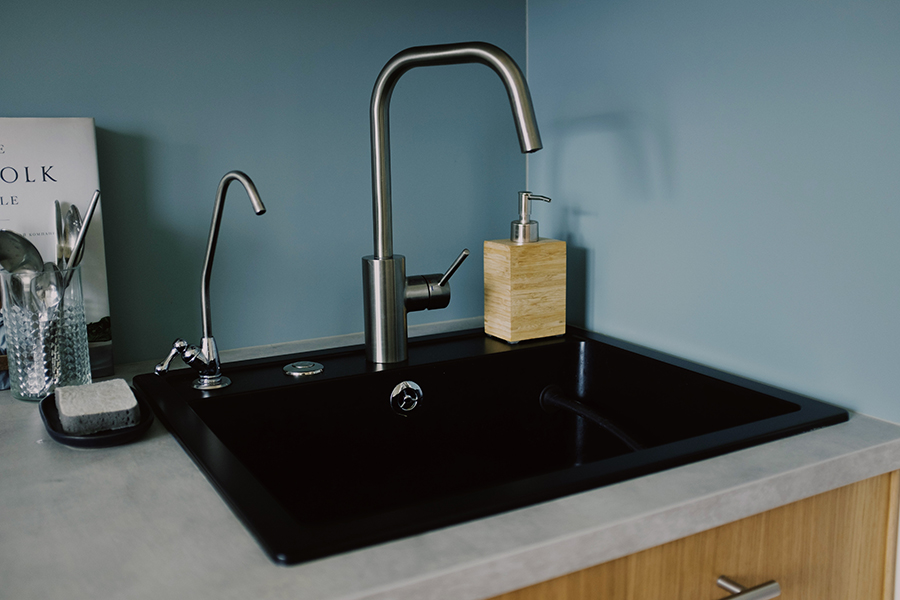 Lastly, black sinks tend to be more expensive compared to other sink options. This is due to the materials used to create the black color, such as granite or composite materials. If you are on a tight budget, a black sink may not be the most practical choice for your kitchen. It is important to weigh the cost versus the benefits before making a decision.
Overall, while a black kitchen sink can add a stylish and modern touch to a kitchen, it also comes with its drawbacks. Stains and scratches, limited color options, higher maintenance, and cost are all factors to consider when deciding on a sink for your kitchen. Ultimately, it is a personal preference and weighing the pros and cons can help you make the best decision for your kitchen design.
Lastly, black sinks tend to be more expensive compared to other sink options. This is due to the materials used to create the black color, such as granite or composite materials. If you are on a tight budget, a black sink may not be the most practical choice for your kitchen. It is important to weigh the cost versus the benefits before making a decision.
Overall, while a black kitchen sink can add a stylish and modern touch to a kitchen, it also comes with its drawbacks. Stains and scratches, limited color options, higher maintenance, and cost are all factors to consider when deciding on a sink for your kitchen. Ultimately, it is a personal preference and weighing the pros and cons can help you make the best decision for your kitchen design.

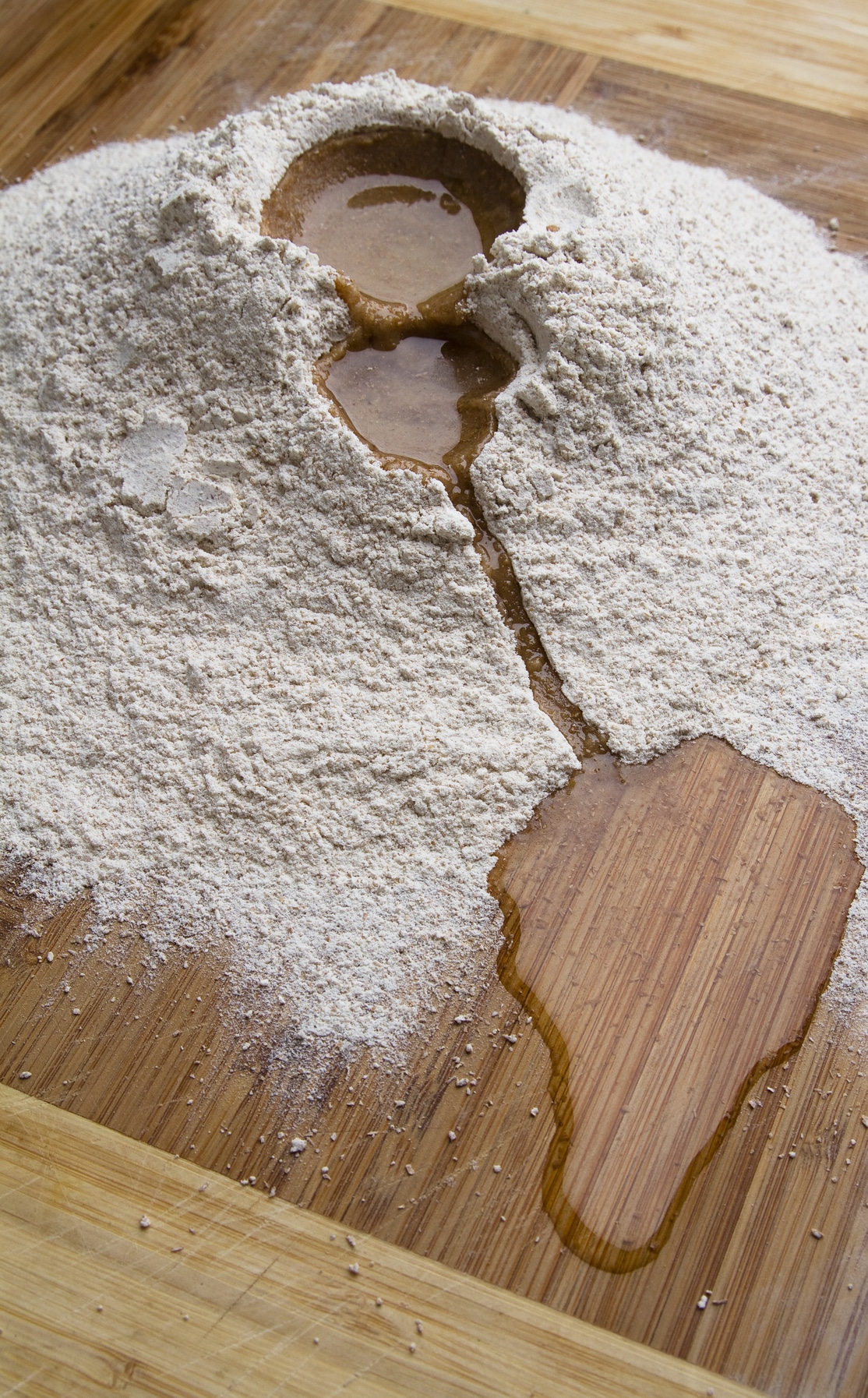

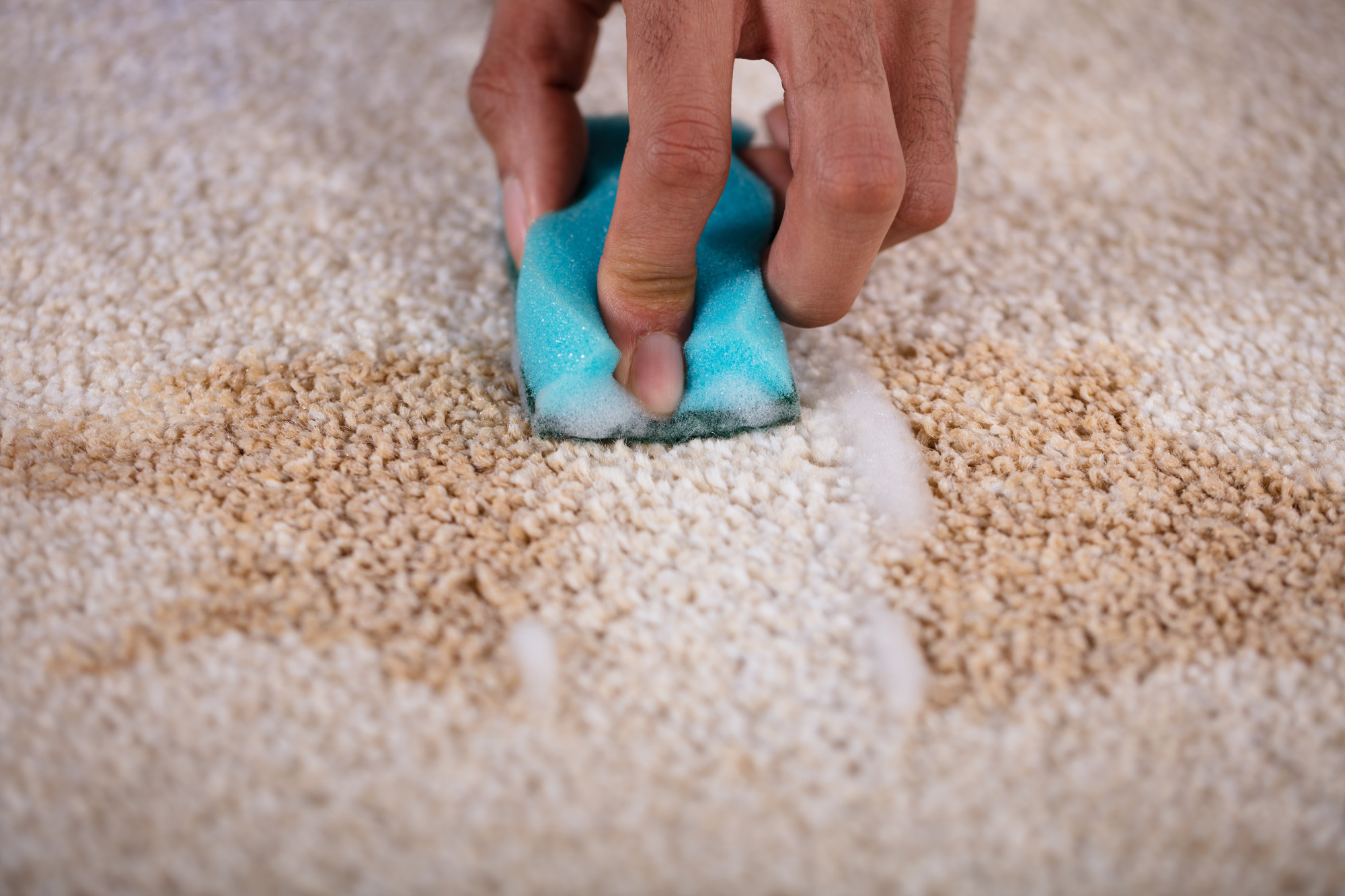
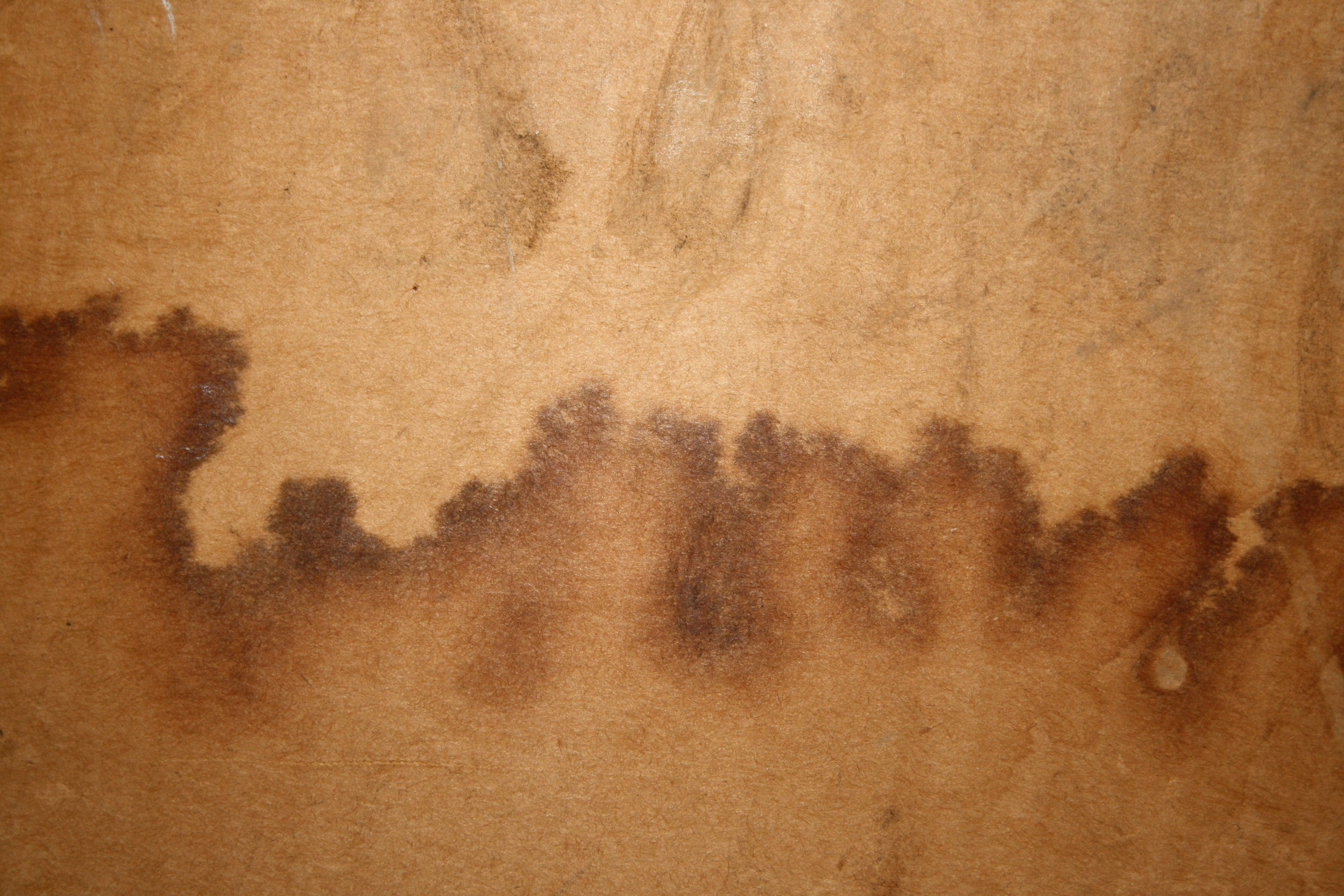

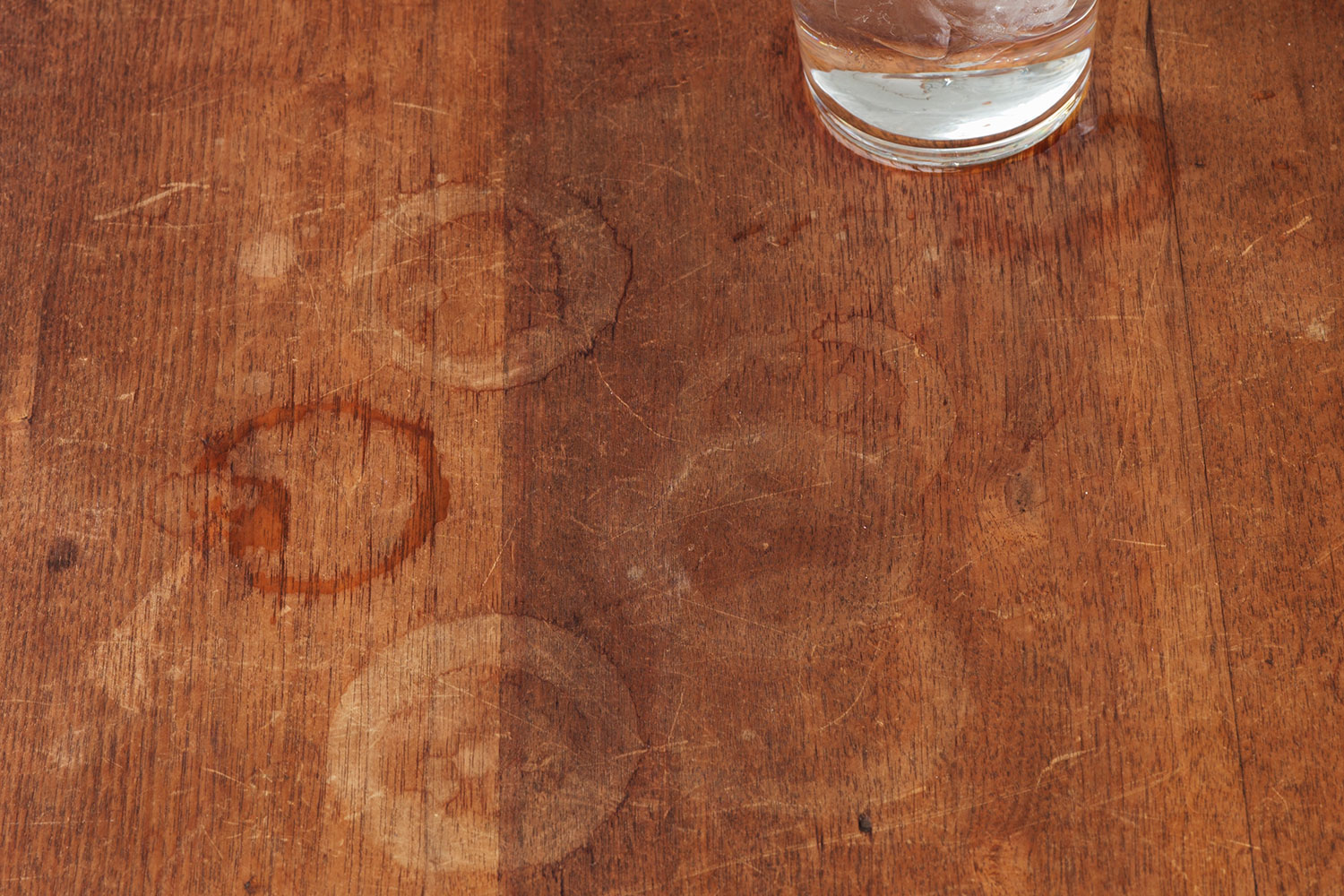
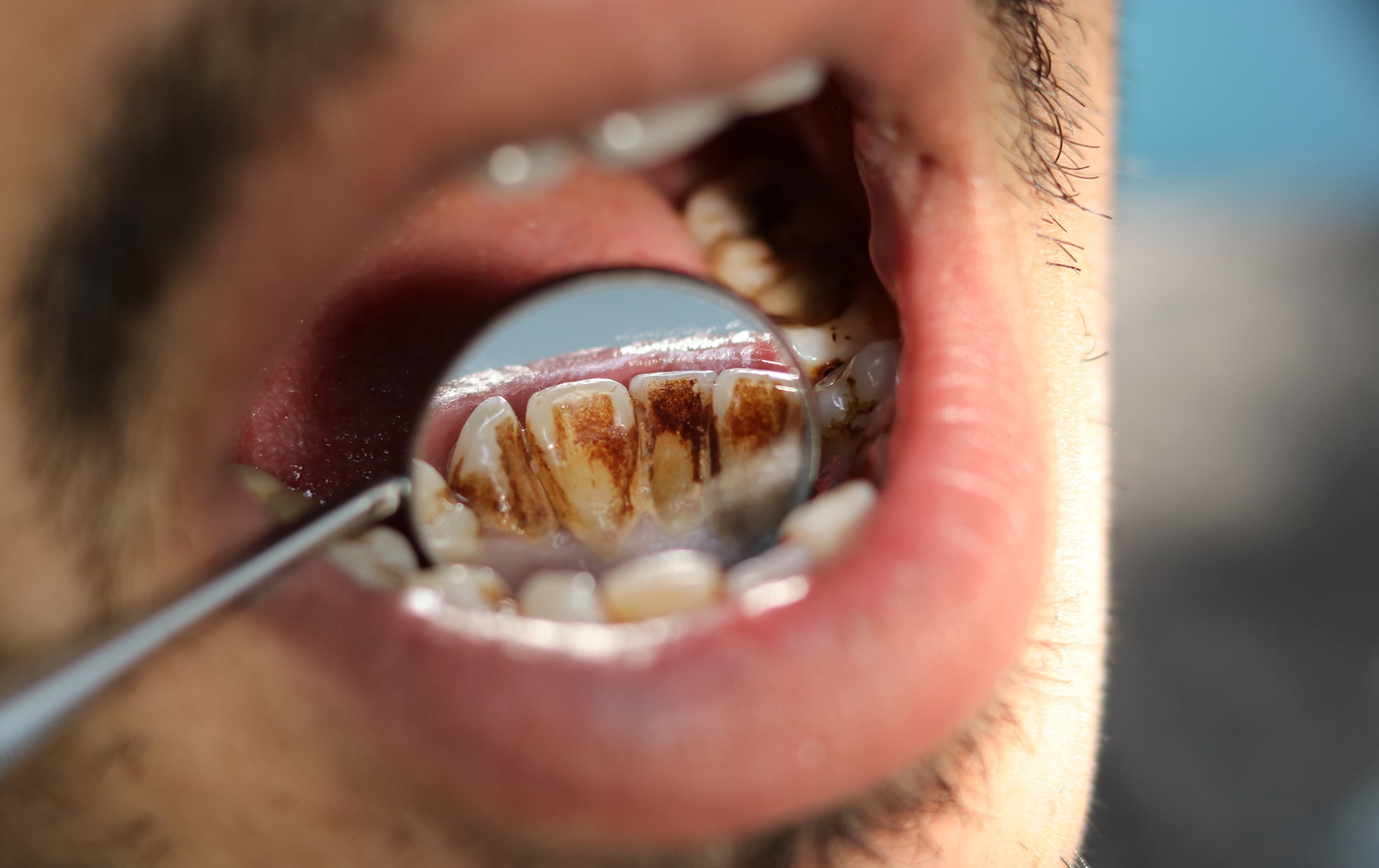


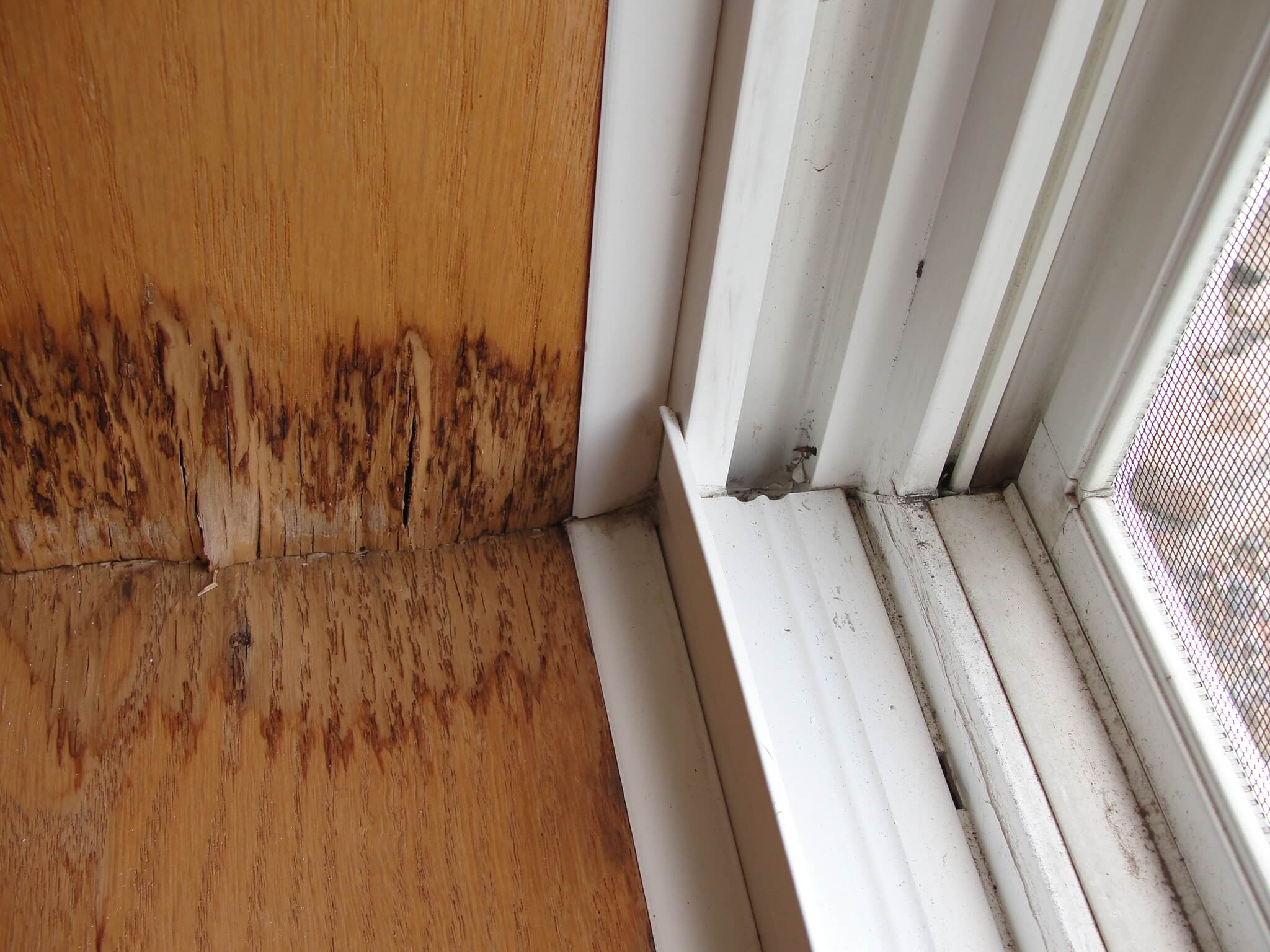


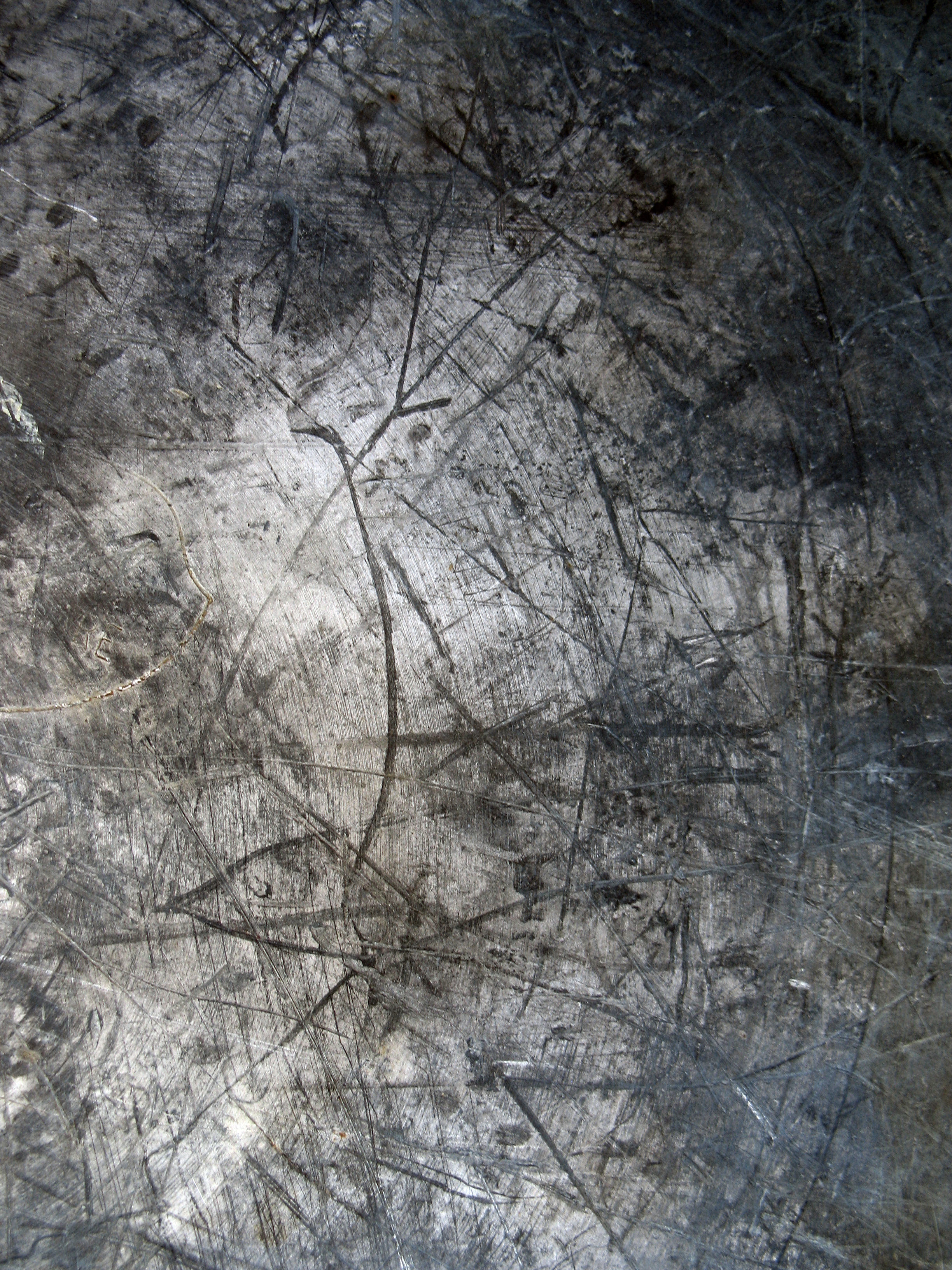









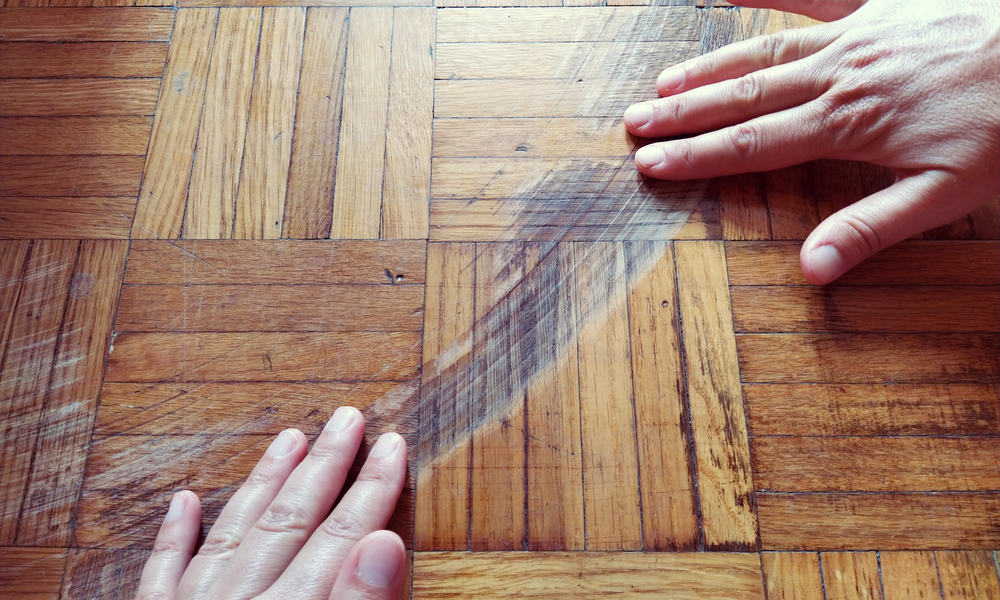

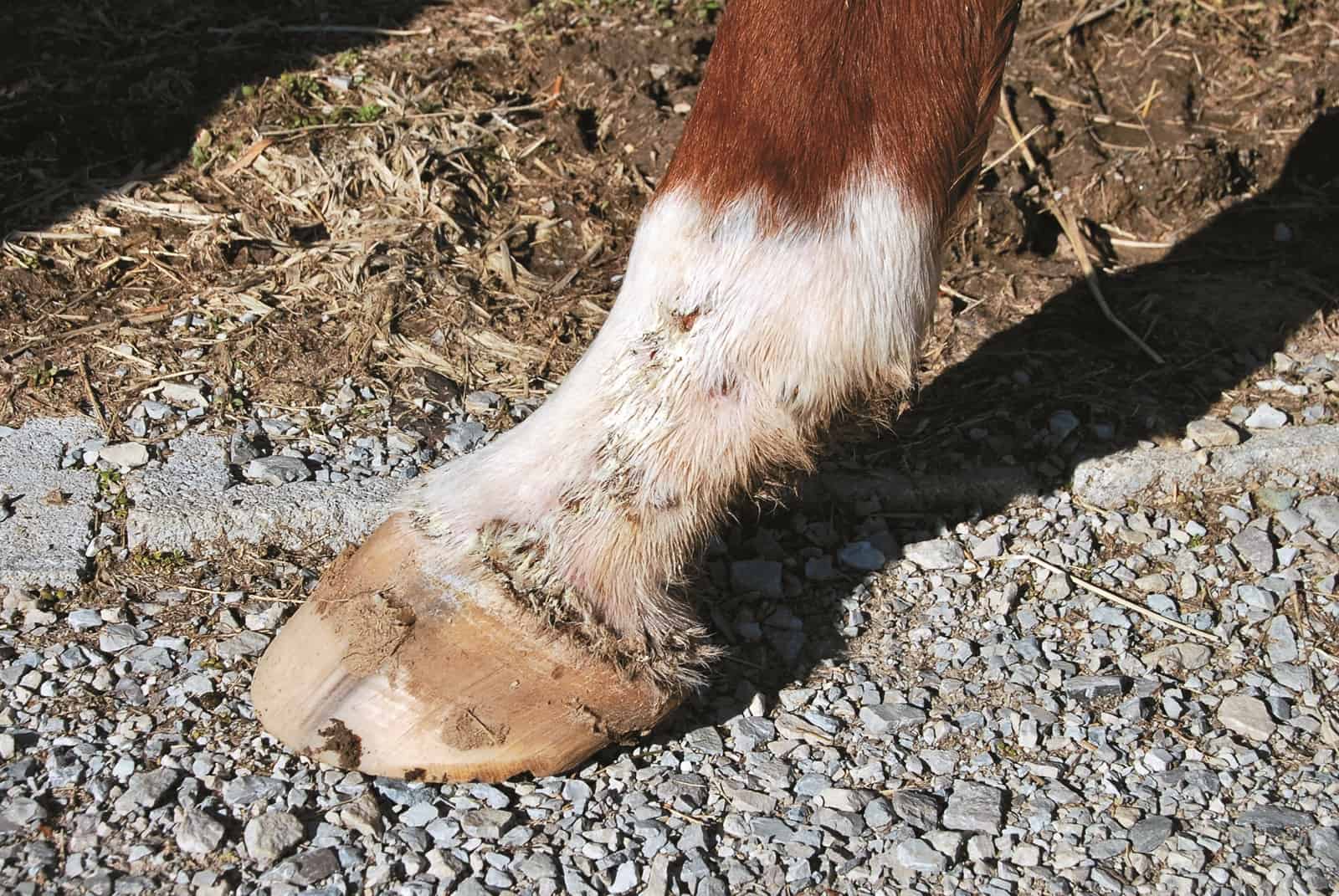
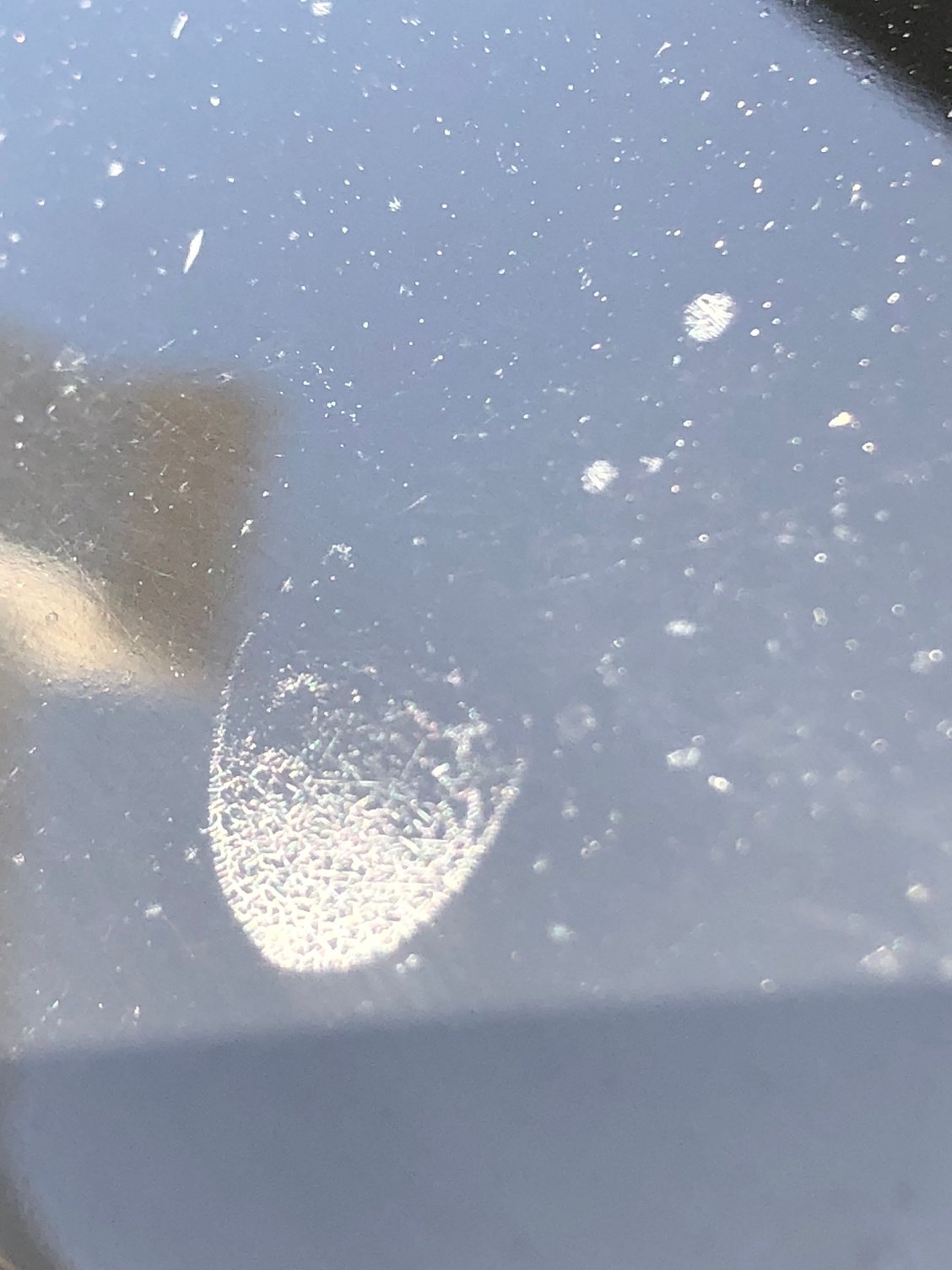



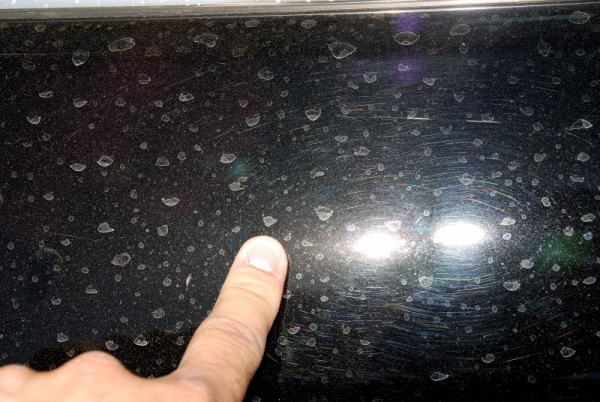
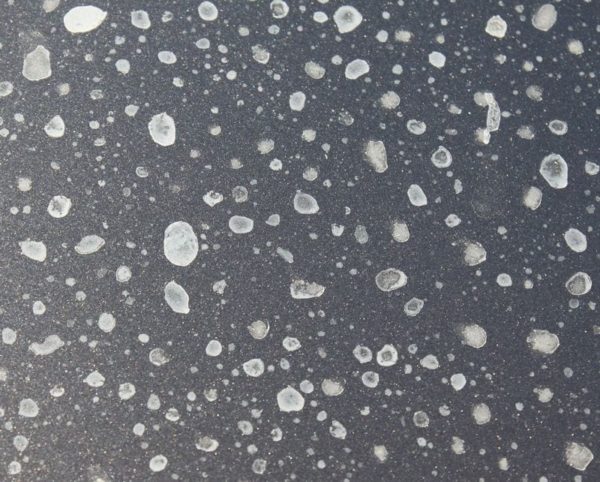


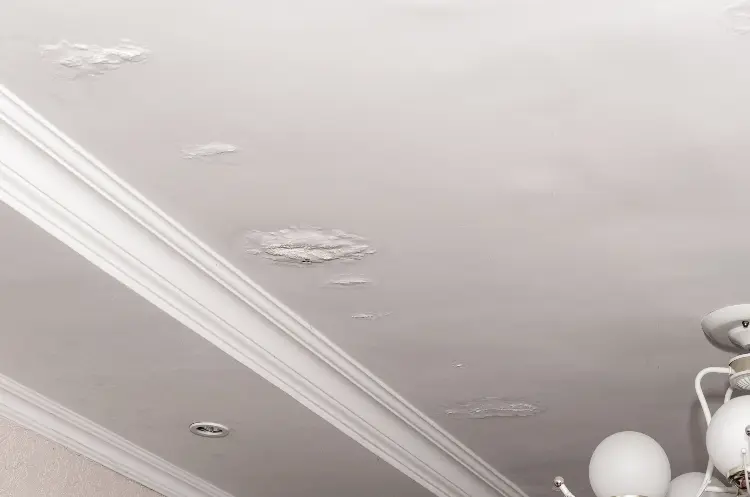
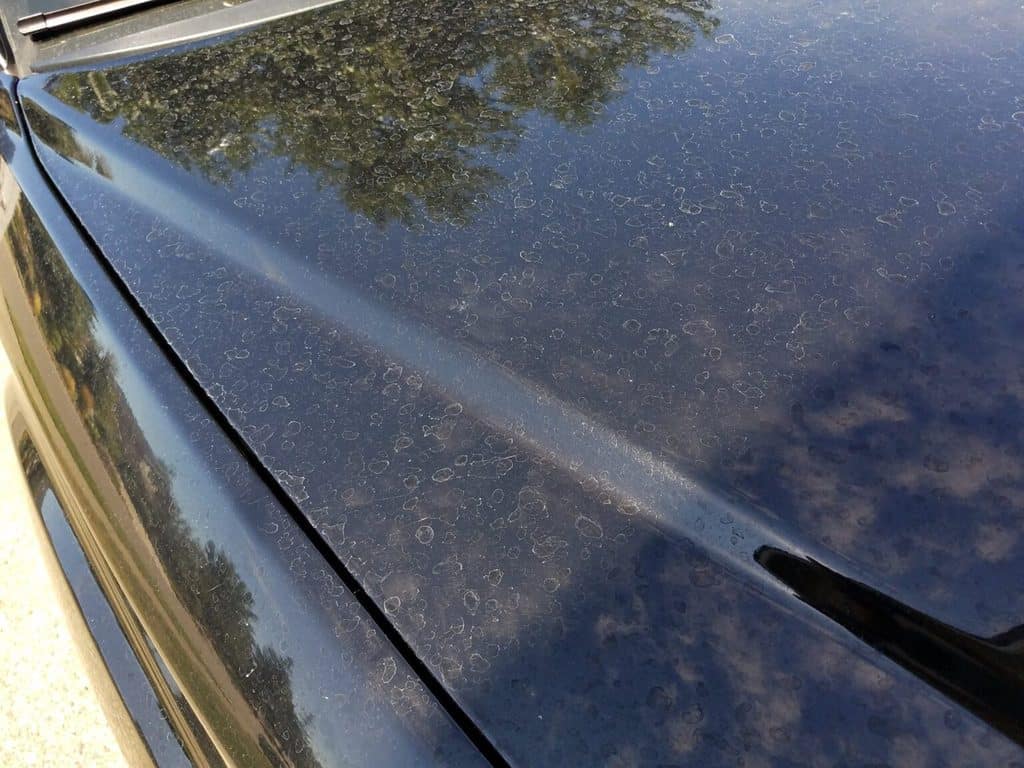

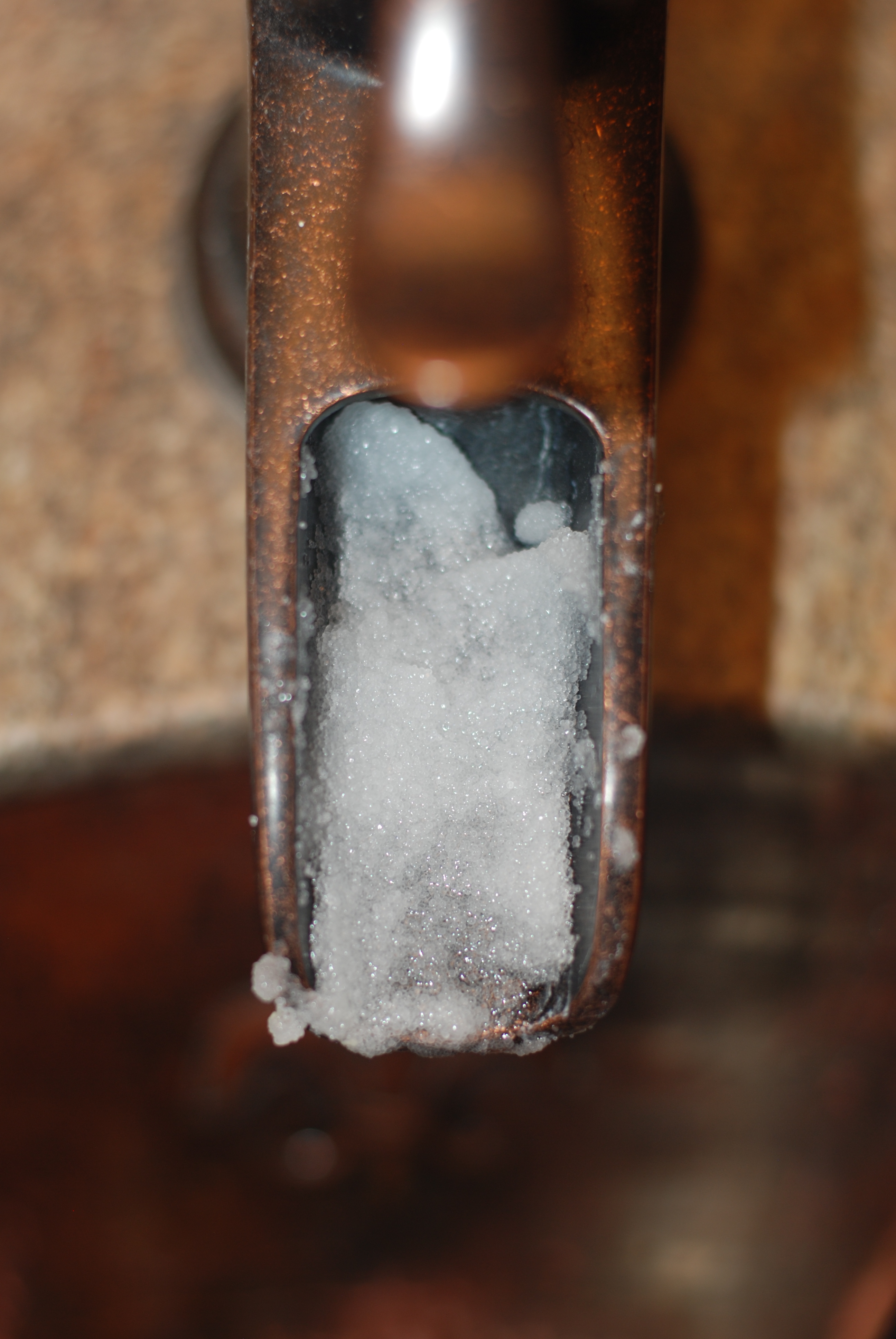





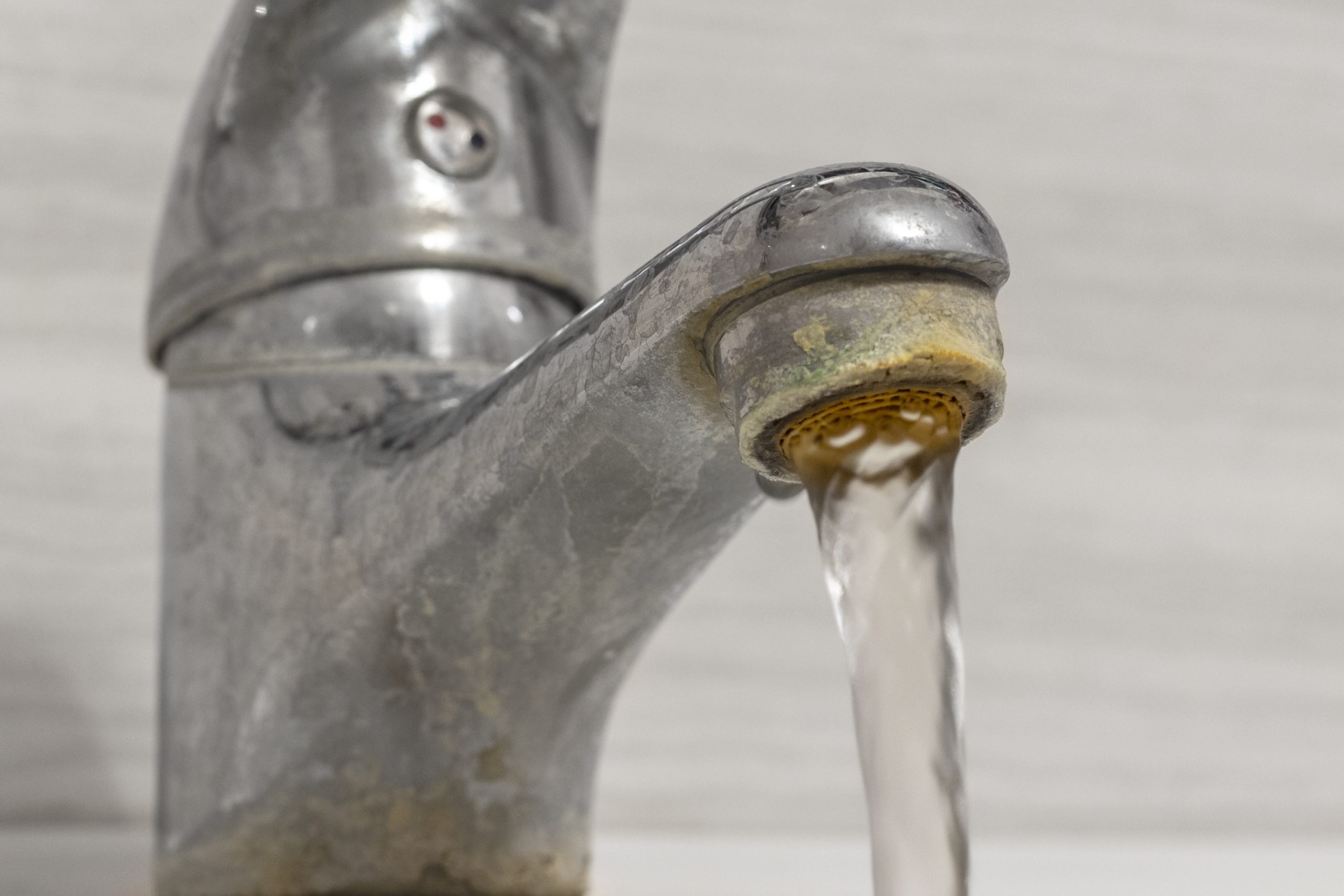
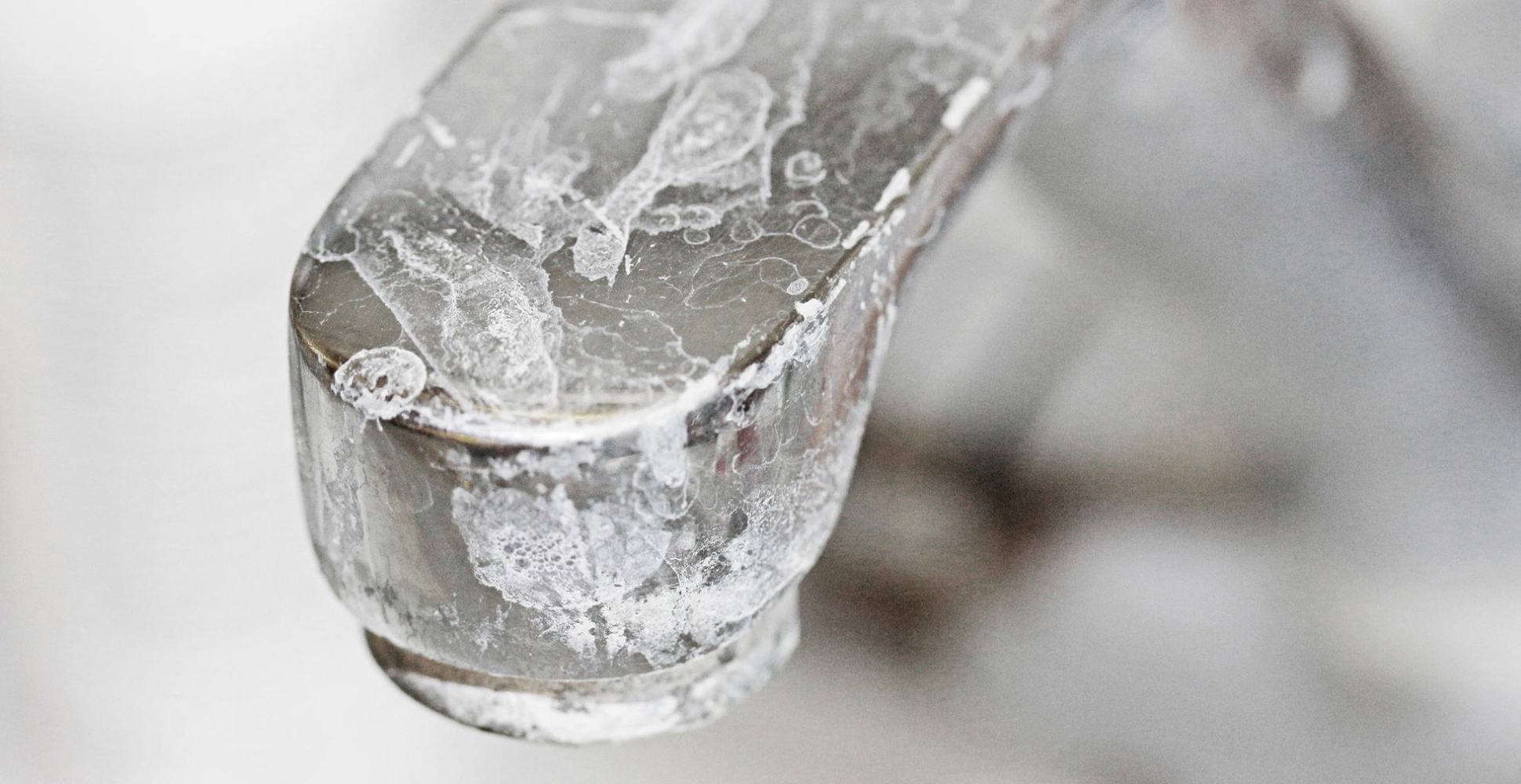

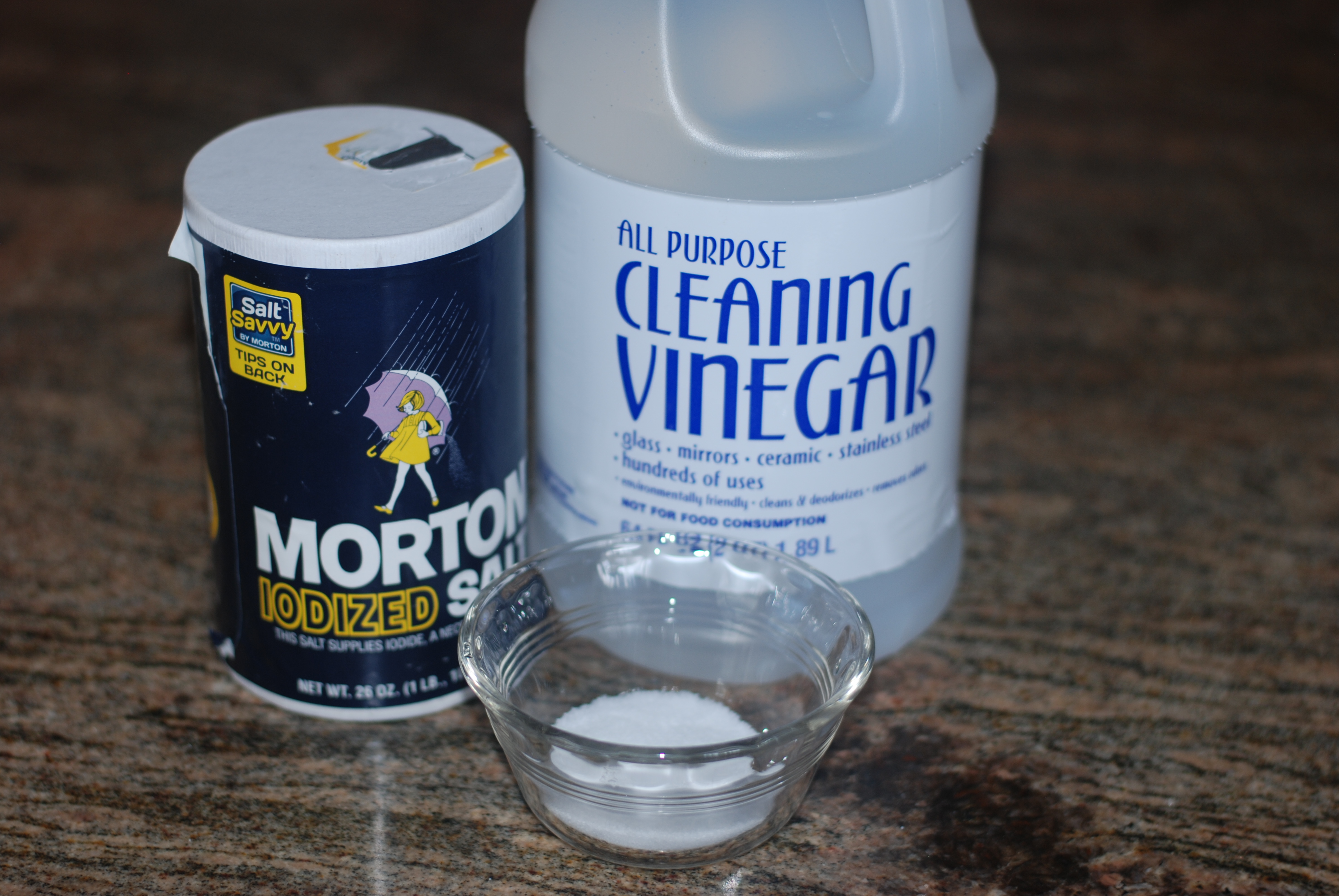















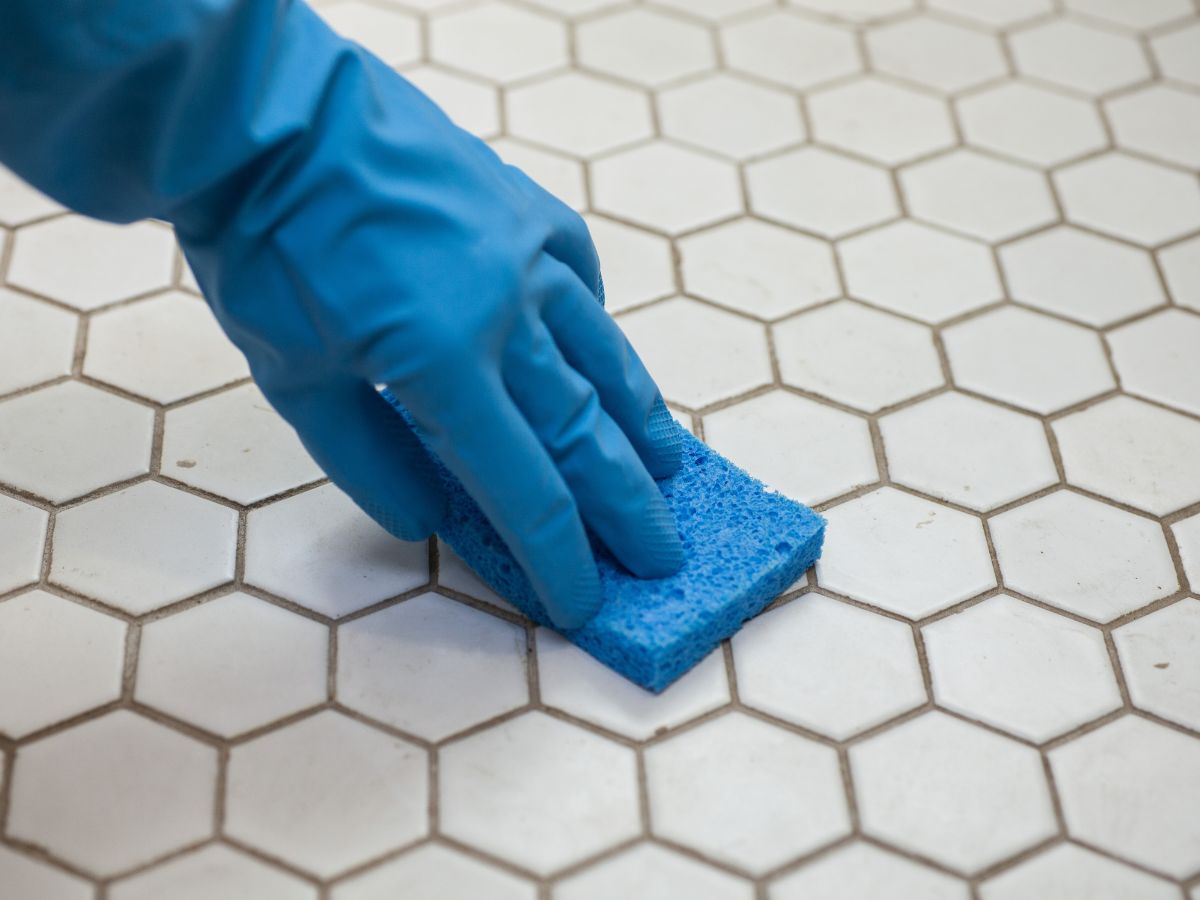




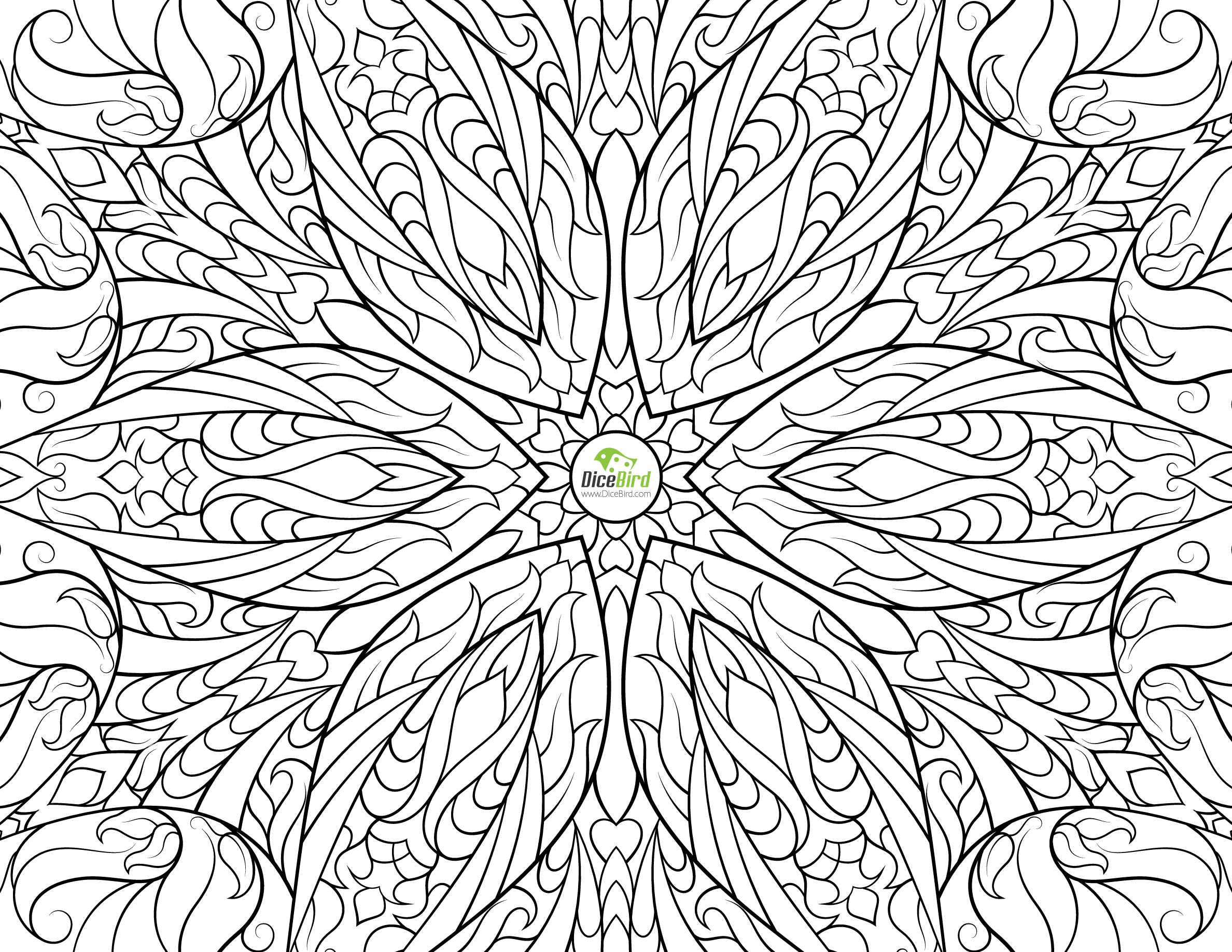





























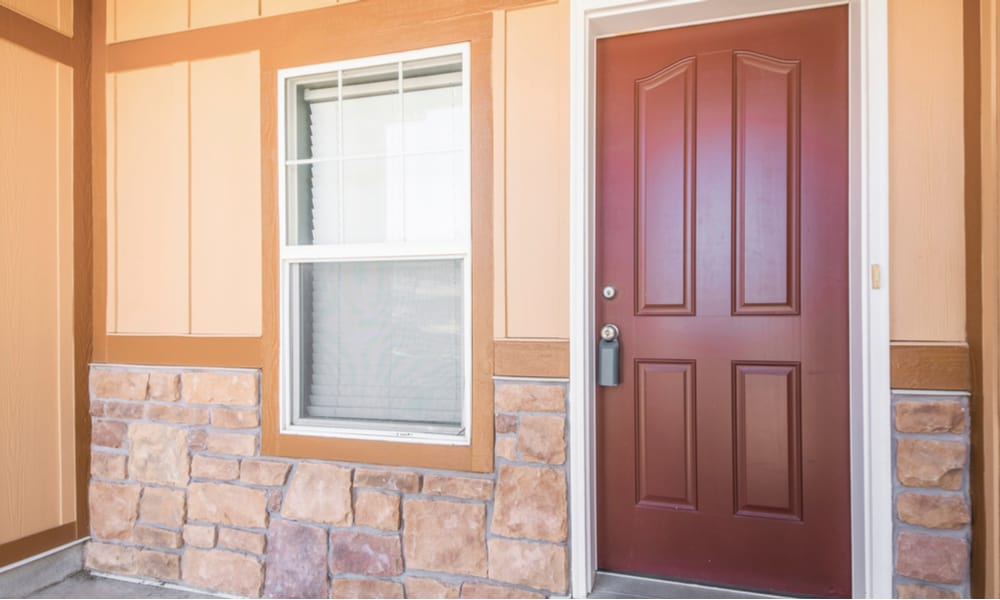
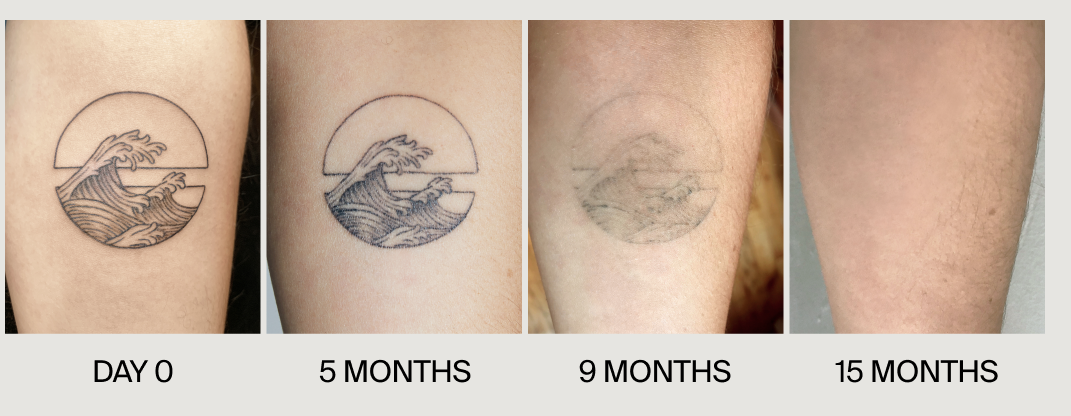
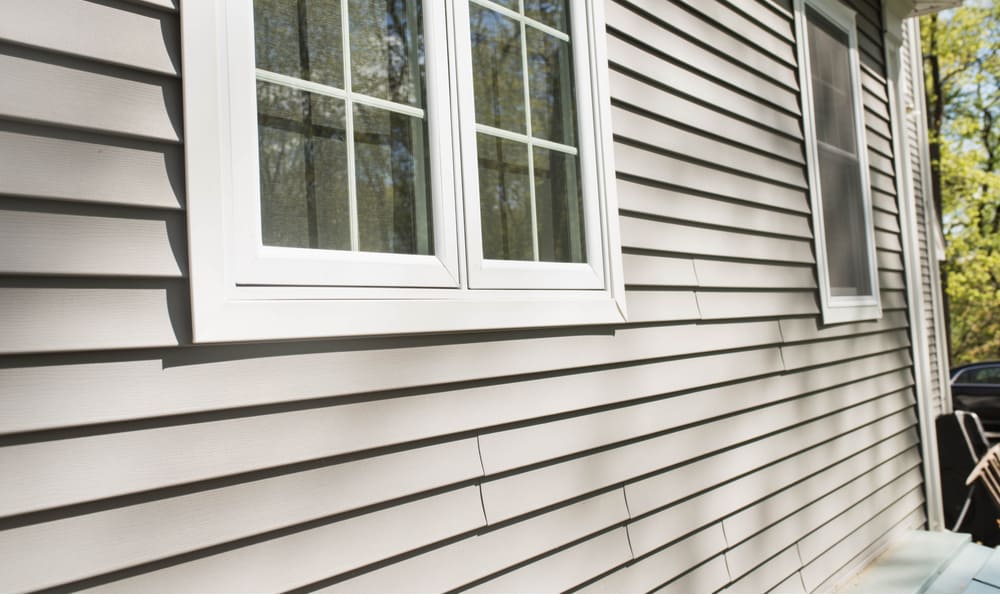






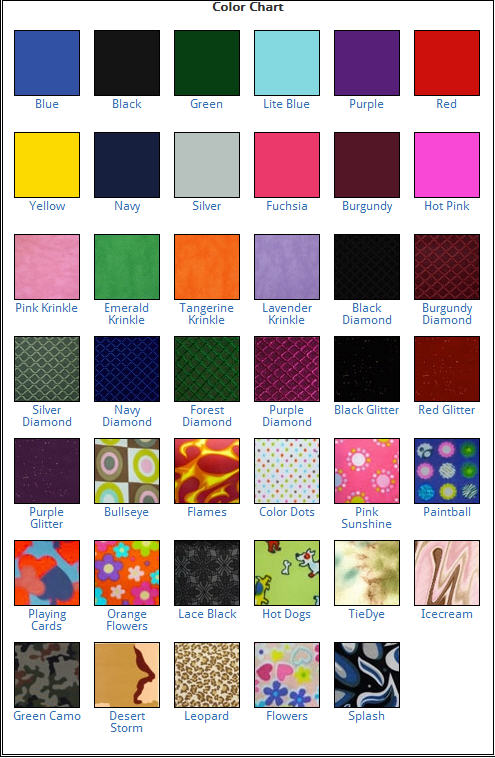

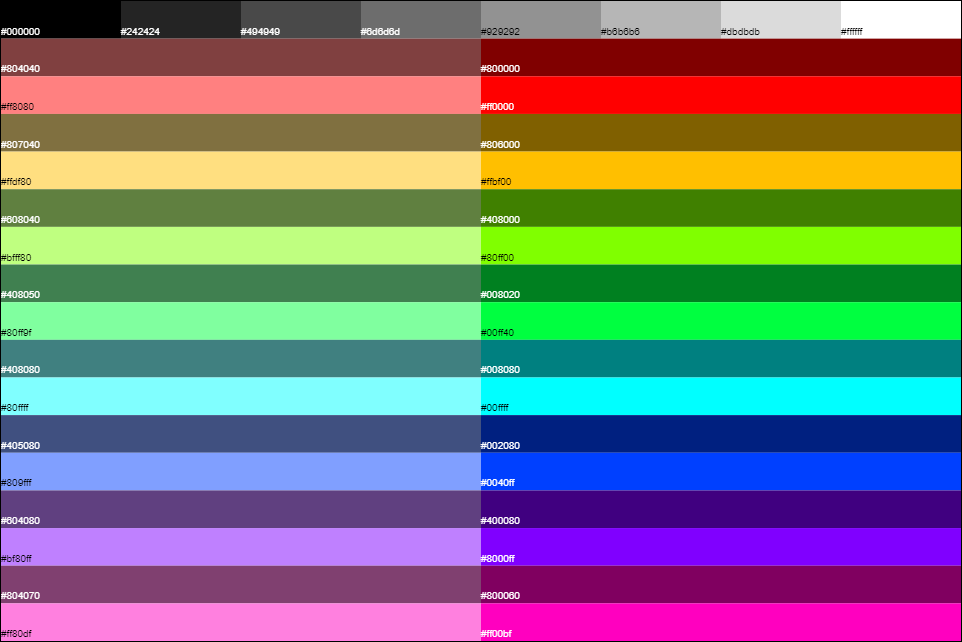
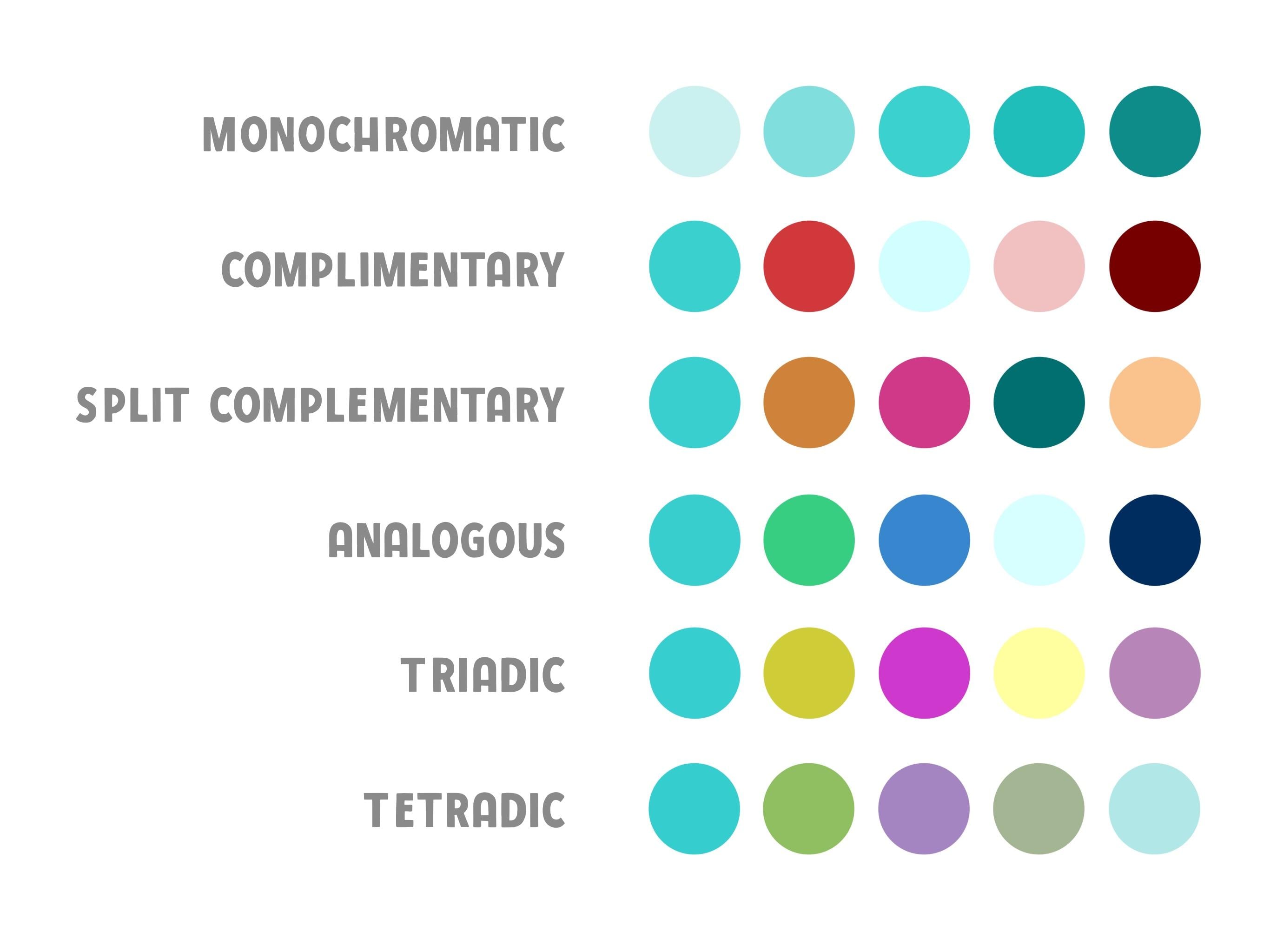



/Limited-Palette-copy-1--57bccc1f3df78c876346ec3b.jpg)


/choose-dining-room-rug-1391112-hero-4206622634654a6287cc0aff928c1fa1.jpg)





